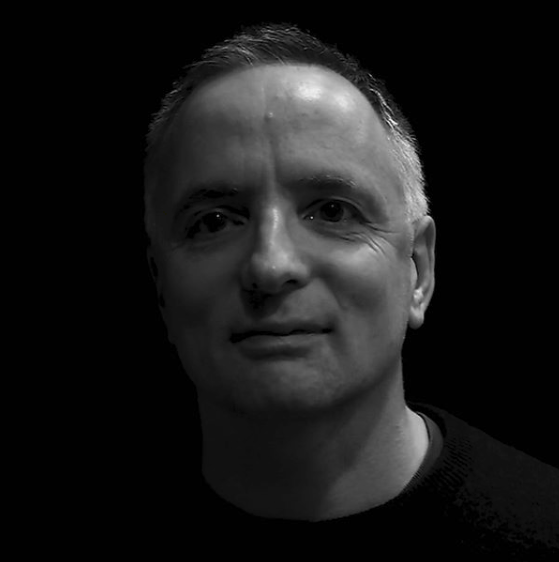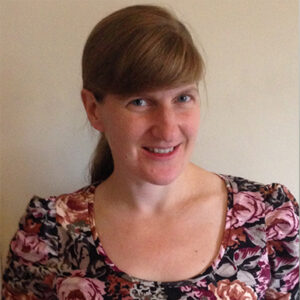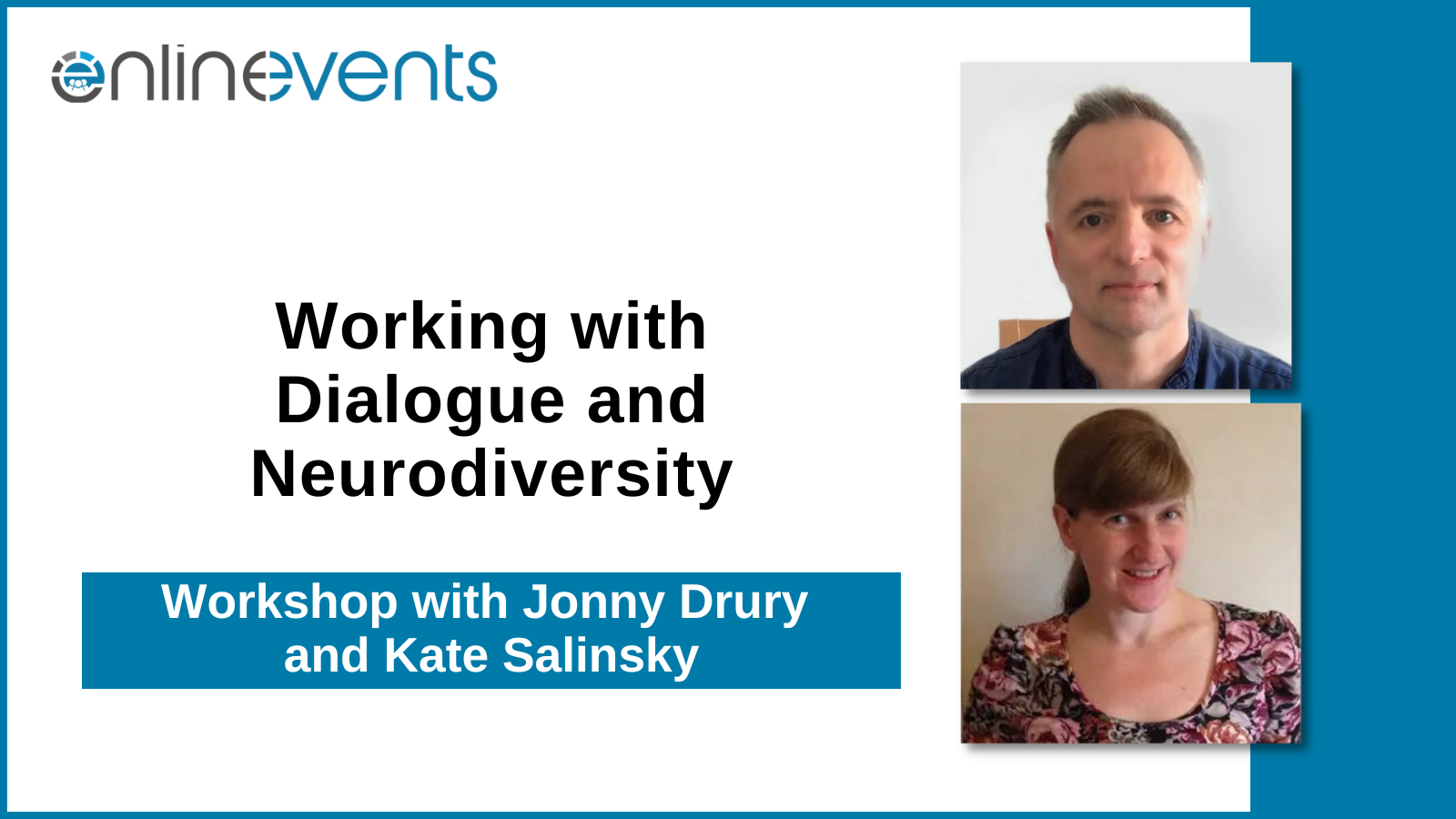Authentic dialogue can provide fertile ground for the arising of the new to emerge. It can offer a new quality of being together, renewed insight, creative solutions and complex perspectives. The practice of Dia-logue (Greek roots; ‘through’ and ‘relational’) addresses fragmentation and ultimately, the return to the whole self.
Autism is from a Greek word meaning ‘self’. In the Autism Dialogue Approach® we use a set of easily learned skills to facilitate a deep conscious enquiry into the nature of self, selves and neurodiversity, a subset of biodiversity. This is a radical approach to group interaction, with an emphasis on authenticity, listening and observation, while suspending the culturally conditioned judgments and impulses that we all have.
Using principles found in sacred wisdom traditions, established dialogue models and therapeutic / coaching models, the approach aims to shift mindsets and culture from the predominant deficit model of autism and neurodivergence. It can help us see systemic beliefs that perpetuate deficit/medical models of neurodiversity, which lead to significant trauma and discrimination. It restores wholeness and sense of self to us as individuals and members of multiple complex systems, to ultimately show that all society benefits from incorporation of neuro-minorities.
In this experiential session, suitable for anyone engaged in helping professions, we will safely explore different perspectives across our neurotypes with the aim of moving towards a coherent synergy of thinking and experience. This interactive introduction will support you to understand yourself, your clients and those you engage with, and show you how to integrate and process differing interpretations of the world. It will give you confidence to engage pragmatically with the complexity and conflicts of neurodiversity, and is designed to give you the opportunity to learn about:
- Practices and principles of generative dialogue
- Strengths-focussed Autism theory and experiences of autistic people
- Silence and meditation as ways of sensing
- Power, language and sensitivity in online groups
- Gestalt, presence and field awareness
- Working with individuals
- Dialogue as a living, breathing process
- Power dynamics and the predominant neurotype.
Resource Guide:
Autism and the Edges of the Known World: Sensitivities, Language and Constructed Reality – Olga Bogdashina
Theory of Peripheral Minds – Lori Hogenkamp
Seeing and inviting participation in autistic interactions – Hanne de Jaegher
The moral implications of asking “What is Autism?” – Jo Bervoerts
Thinking Systems ‘Mind’ as Relational Activity – Gail Simon
Autism Dialogue – Jonathan Drury (chapter in: The World Needs Dialogue! 2019 ed)
Dialogue – a proposal. – Bohm, Factor, Garrett
Dialogue and the Art of Thinking Together – William Isaacs
Wholeness and the Implicate Order – David Bohm
Course Content
Presenter

Jonny is an informal researcher, coach and dialogue facilitator, influenced by a life of Eastern and Western disciplines including in contemporary fine arts, dialogue and spiritual practice. After a diagnosis of Asperger Syndrome he trained in Coaching and Autism studies, then formulated the Autism Dialogue Approach® and Mindfulness for Autism (M4A).
Dialogic Action CIC was founded by a team of autistic people, academics, philosophers, coaches and third-sector experts, who believe generative dialogue is a framework for moving beyond individual consciousness into an emergent wholeness, and the key to a more harmonious existence.

Kate Salinsky currently a trainer with the National Autism Trainer Programme (NHS/Anna Freud Centre/AT-Autism). She also supports neuro-divergent students 1-1 in higher education as a study skills tutor and mentor, and adults as a mentor / coach through Access to Work. Kate is parent to a two children one of whom is autistic and has a PDA profile. She has an MA in Autism and completed her research dissertation on the Lived Experience of Parents of PDA children. Previously, Kate worked as a training manager and counsellor in the voluntary sector for over 20 years, managing a team of trainers to design and deliver accredited training to people working in substance misuse, counselling and mediation.


